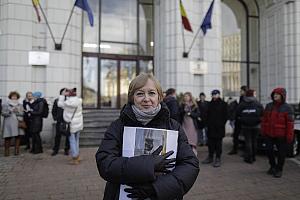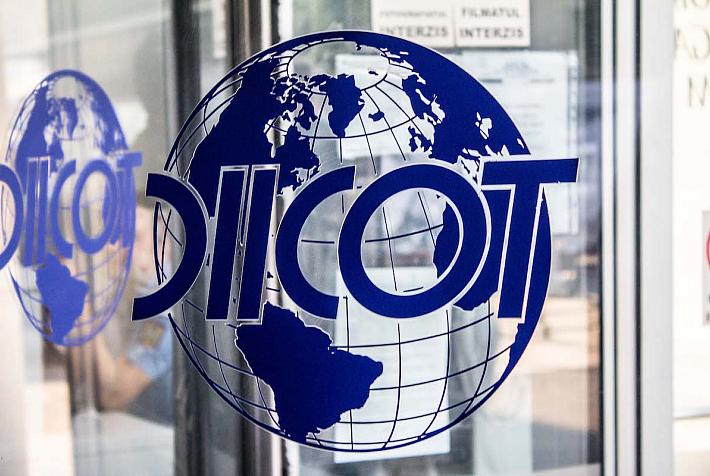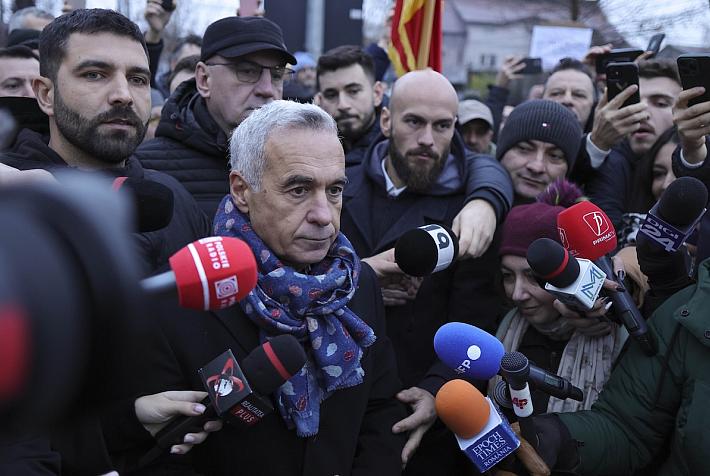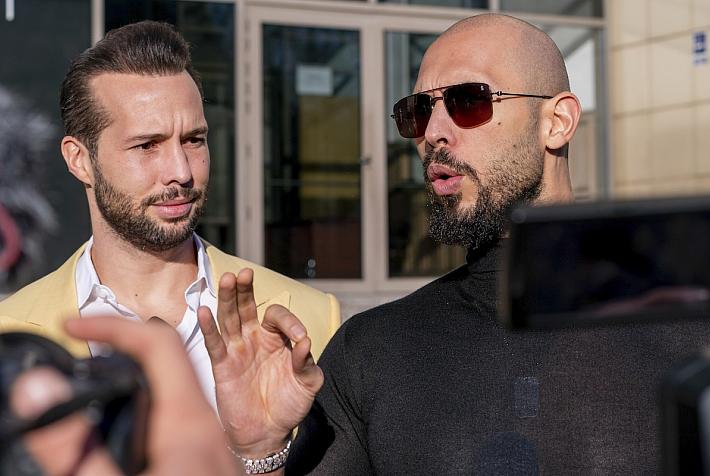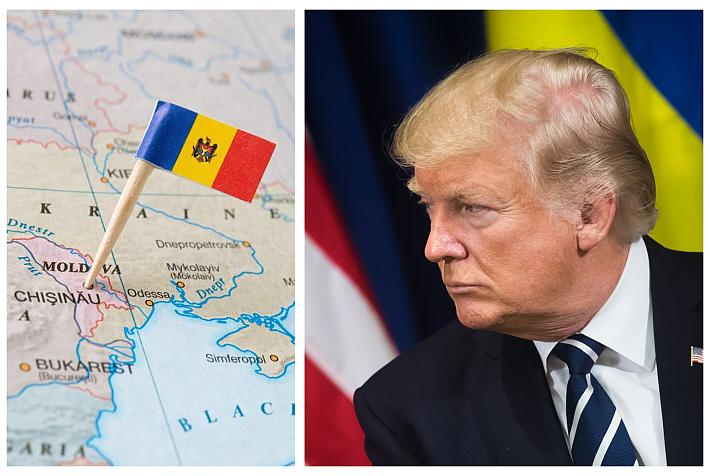Russia opens criminal case against Romanian journalist after Kursk report

The Russian Federal Security Service, or FSB, announced on Friday, September 27, the opening of criminal cases for illegal border crossing against Romanian journalist Mircea Barbu, a HotNews.ro correspondent, along with Fletcher Young and Catherine Diss from the Australian television ABC.
The cases were opened because the three journalists produced reports in the Russian region of Kursk, where the Ukrainian army launched an incursion at the beginning of August.
In total, since August 17, Russia has opened criminal cases against 12 foreign journalists for reporting from the Kursk region.
The charge carries a penalty of up to five years in prison, according to the Russian TASS.
"This action represents not only a direct attack on my freedom of expression but also a threat to all journalists who take risks to bring the truth about armed conflicts and crisis situations to the public. According to the Geneva Convention, journalists must be protected during the course of their work, and any attack on them is a blatant violation of fundamental rights," said Mircea Barbu in a reaction on social media.
The Romanian journalist, who accompanied Ukrainian soldiers into Kursk, vowed to continue reporting the facts despite FSB’s attempt to silence those questioning official narratives.
“I would like to appeal to the international community, to organizations defending journalists' rights, and to all those who believe in the power of truth. We cannot allow fear and intimidation to silence us," he stated.
The criminal case is only the latest event in the aftermath of the report. First, Mircea Barbu was targeted with death threats by Russian propagandists on Telegram. The Russian Embassy in Bucharest also reacted, claiming that Russian journalists have been targeted and killed by the Ukrainian army during the course of the war.
“It is a fact that our journalist crossed the state border without Russia's permission. There's nothing to dispute. The same thing happened when Russian, Chinese, and other journalists followed Russian troops on their incursion into occupied territory in the opposite direction - territory which, according to international law, belongs to Ukraine,” said the HotNews editorial office.
The statement goes on to add that journalists must be protected by all sides as they inform the world about ongoing events even in “off-limits” zones of public interest.
“If armies did not accept this convention regarding the press, then citizens would only receive official reports and would not have access to independent information,” Hotnews.ro concludes.
(Photo source: Mircea Barbu on Facebook)







